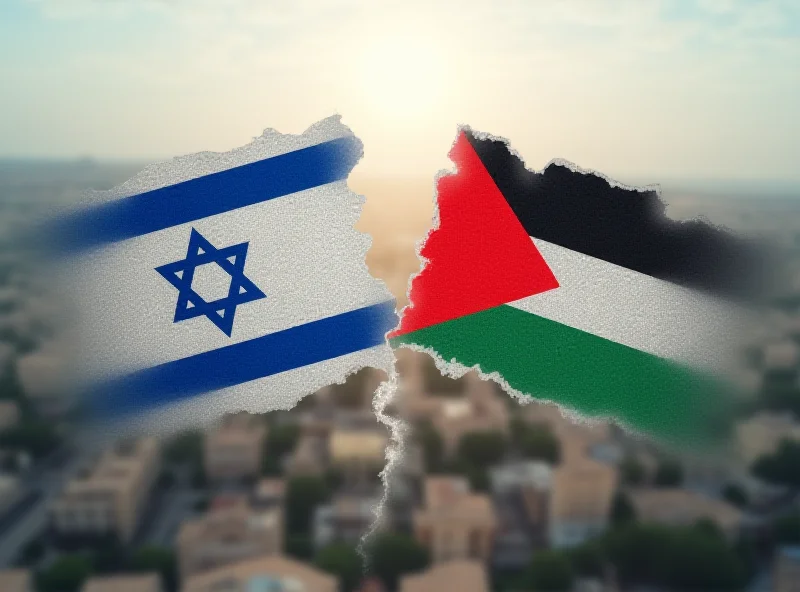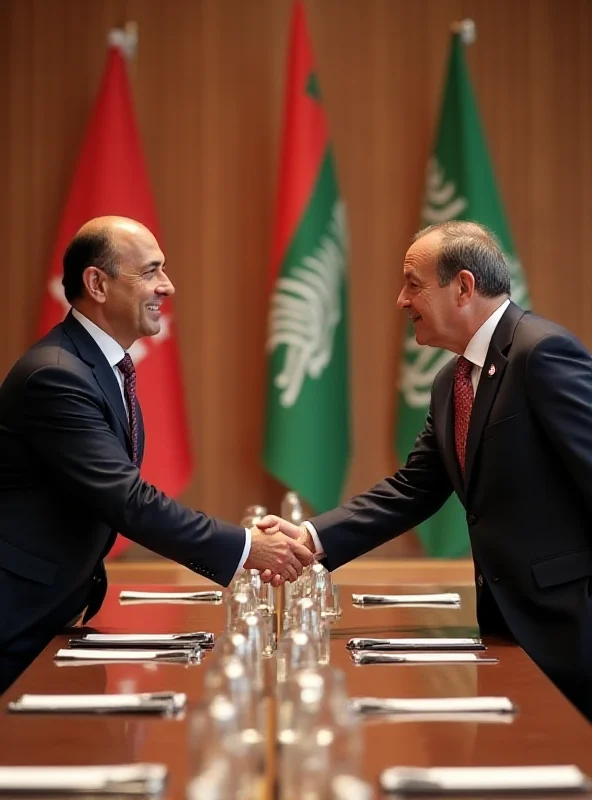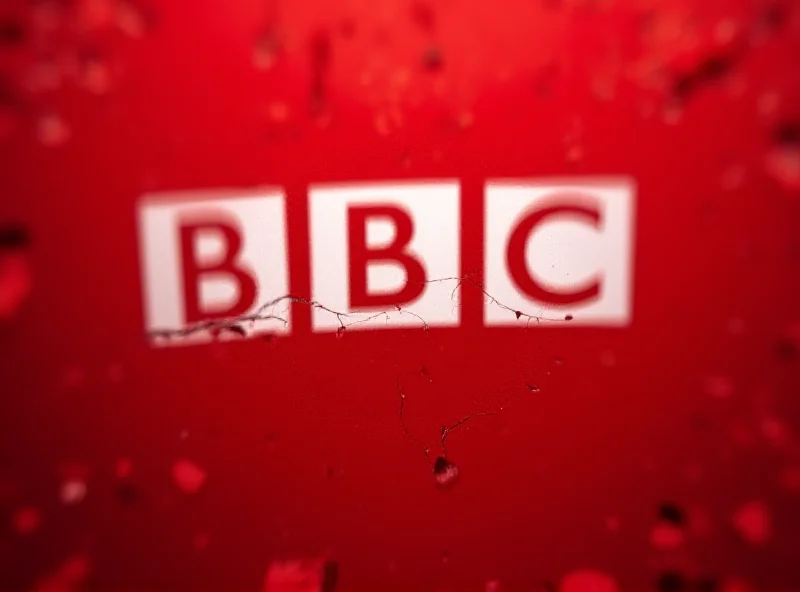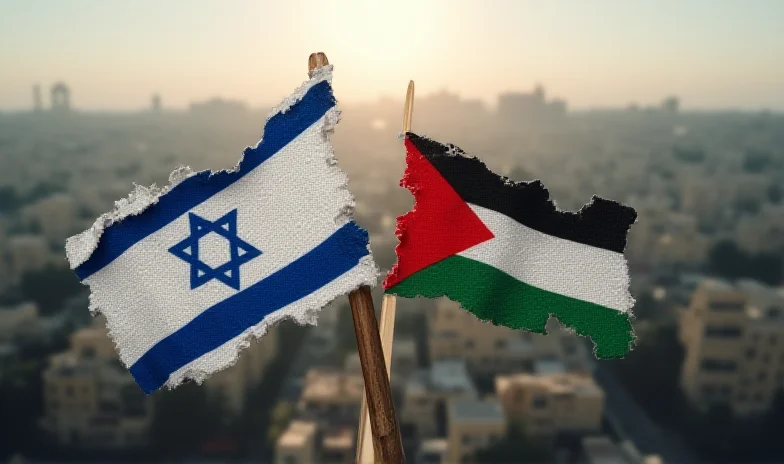The Middle East remains a focal point of global attention, with a series of developments unfolding across the region. From prisoner exchanges to diplomatic efforts and high-profile trials, the landscape is constantly shifting.
Israel and Hamas: A Complex Exchange
In a recent exchange, Israel released prisoners in return for the bodies of four hostages held by Hamas. The release was initially delayed due to what Israel described as "humiliating ceremonies" conducted by Hamas. This delicate negotiation highlights the ongoing tensions and complex relationship between the two entities.

This exchange underscores the fragile nature of peace efforts in the region and the challenges involved in resolving long-standing conflicts. The term "humiliating ceremonies" reflects the deep distrust and animosity that continue to fuel the conflict.
Lebanon and Saudi Arabia Seek Closer Ties
Meanwhile, diplomatic efforts are underway to improve relations between Lebanon and Saudi Arabia. Lebanon's president recently concluded a visit to Saudi Arabia, where he engaged in discussions with the kingdom's crown prince regarding regional affairs. The leaders also called for an Israeli withdrawal from disputed territories.
This visit signals a potential shift in regional dynamics, with both countries seeking to strengthen their bilateral ties. The call for an Israeli withdrawal suggests a unified stance on certain regional issues and a desire for greater stability. "This visit is a step in the right direction," said a Lebanese official, "We hope to build on this momentum and foster a stronger relationship with Saudi Arabia."

Netanyahu Faces Corruption Trial
In Israel, Prime Minister Benjamin Netanyahu is currently standing trial on charges of fraud, breach of trust, and accepting bribes in three separate cases. The high-profile trial has drawn significant attention both domestically and internationally.
The prosecution alleges that Netanyahu engaged in corrupt practices during his time in office, undermining the public trust. Netanyahu has denied all charges, claiming that he is the victim of a political witch hunt. The trial is expected to continue for several months, with potentially far-reaching implications for Israeli politics.
BBC Documentary Controversy
Adding to the complexities, the BBC is facing scrutiny over a documentary titled "Gaza: How to Survive a Warzone." The BBC's chair, Samir Shah, has described failings in the production of the documentary as a "dagger to the heart" of the corporation's credibility.

The documentary was pulled from iPlayer after it was revealed that the young narrator was the son of a Hamas deputy minister. An internal investigation has been launched to determine the extent of the oversight failures and to prevent similar incidents from occurring in the future. This controversy highlights the challenges faced by media organizations in reporting on sensitive and politically charged issues.
These diverse events – prisoner exchanges, diplomatic initiatives, corruption trials, and media controversies – paint a complex picture of the Middle East today. As the region continues to navigate these challenges, the world watches closely, hoping for a future marked by greater stability and peace.
